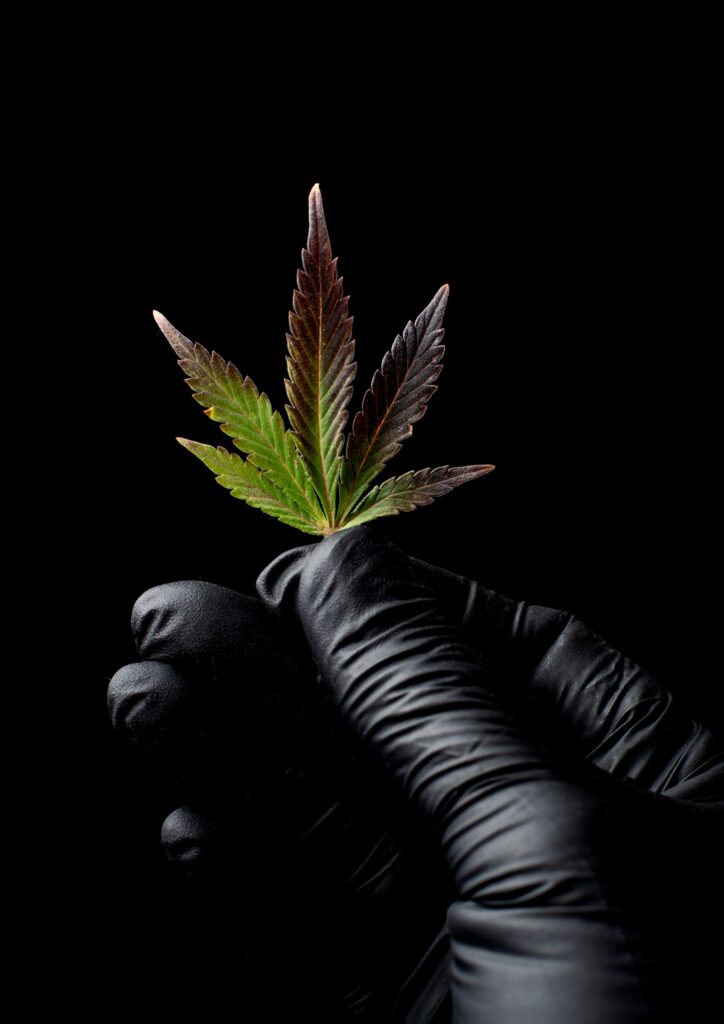Thailand Cannabis News & Global Marijuana Stories
Thailand is a country with a rich history of cannabis use, and in recent years, there has been a significant shift in the legal status of cannabis in the country. In 2018, Thailand became the first Southeast Asian nation to legalize cannabis for medicinal purposes. This landmark decision marked a major step forward in the country's cannabis policy, but there are still many legal considerations to keep in mind when it comes to cannabis in Thailand.
Here’s what you need to know about the legalities of cannabis in Thailand:
Medical Cannabis
In December 2018, the Thai government passed a law allowing the use of medical cannabis. Under this law, patients with certain medical conditions can legally use cannabis as a treatment option. These
conditions include cancer, epilepsy, Parkinson’s disease, and multiple sclerosis, among others. To access medical cannabis, patients must obtain a prescription from a licensed doctor and then register with the government’s Medical Marijuana Institute.
While the use of medical cannabis is legal in Thailand, there are strict regulations governing its production, distribution, and use. Only licensed producers and distributors are allowed to handle cannabis, and the cultivation of cannabis by individuals is strictly prohibited.



Recreational Cannabis
Despite the legalization of medical cannabis, recreational use of cannabis remains illegal in Thailand. Possession, sale, and use of cannabis can result in
fines and imprisonment. The severity of the punishment depends on the amount of cannabis involved, with penalties ranging from a small fine to life imprisonment.
Tourists should be aware that Thailand has strict drug laws, and any involvement with cannabis could result in arrest and imprisonment. This includes using cannabis in public, even in areas where it may be tolerated, such as certain beach towns.
Hemp
Hemp, which is a variety of the cannabis plant, is legal in Thailand, as long as it contains less than 1% THC. Hemp is used for a variety of purposes, including clothing, textiles, and building materials. However, the cultivation of hemp is regulated, and farmers must obtain a
license from the government to grow hemp.



CBD
CBD, or cannabidiol, is legal in Thailand as long as it contains less than 0.2% THC. CBD is available in a variety of forms, including oils, tinctures, and topicals. However, CBD products must be registered with the Thai Food and Drug Administration (FDA) before they can be sold or marketed.
Conclusion
In conclusion, while Thailand has made significant strides in legalizing cannabis for medicinal purposes, recreational use of cannabis is still illegal and can result in severe punishment. It’s important to be aware of the laws surrounding cannabis in Thailand and to adhere to them to avoid legal trouble. Medical cannabis patients should consult with a licensed doctor and register with the Medical Marijuana Institute to ensure they are following the proper procedures. And tourists should be especially cautious when it comes to cannabis use in Thailand, as the penalties for drug offenses can be severe.



